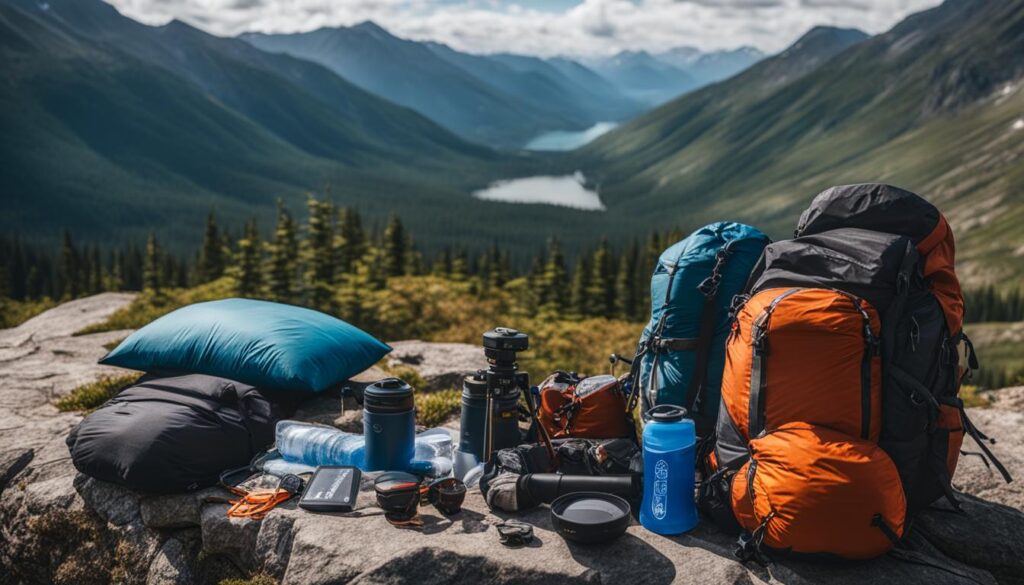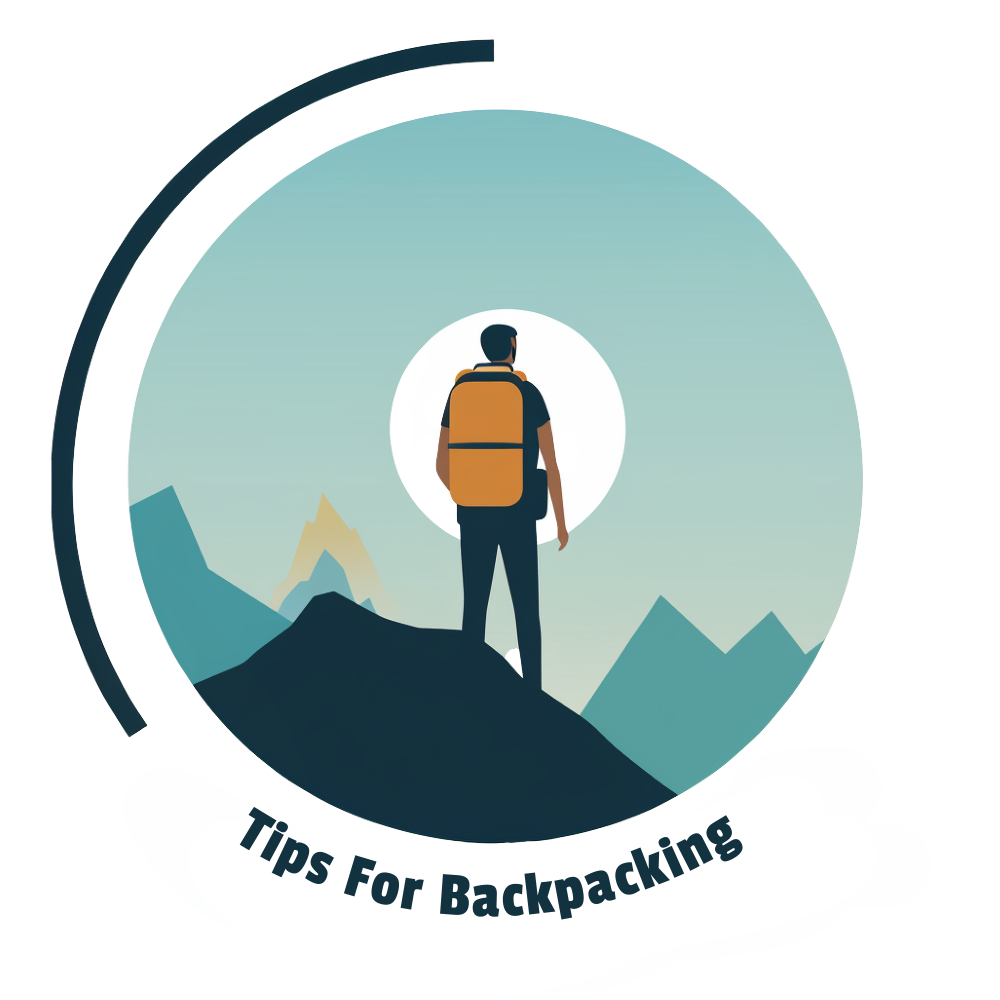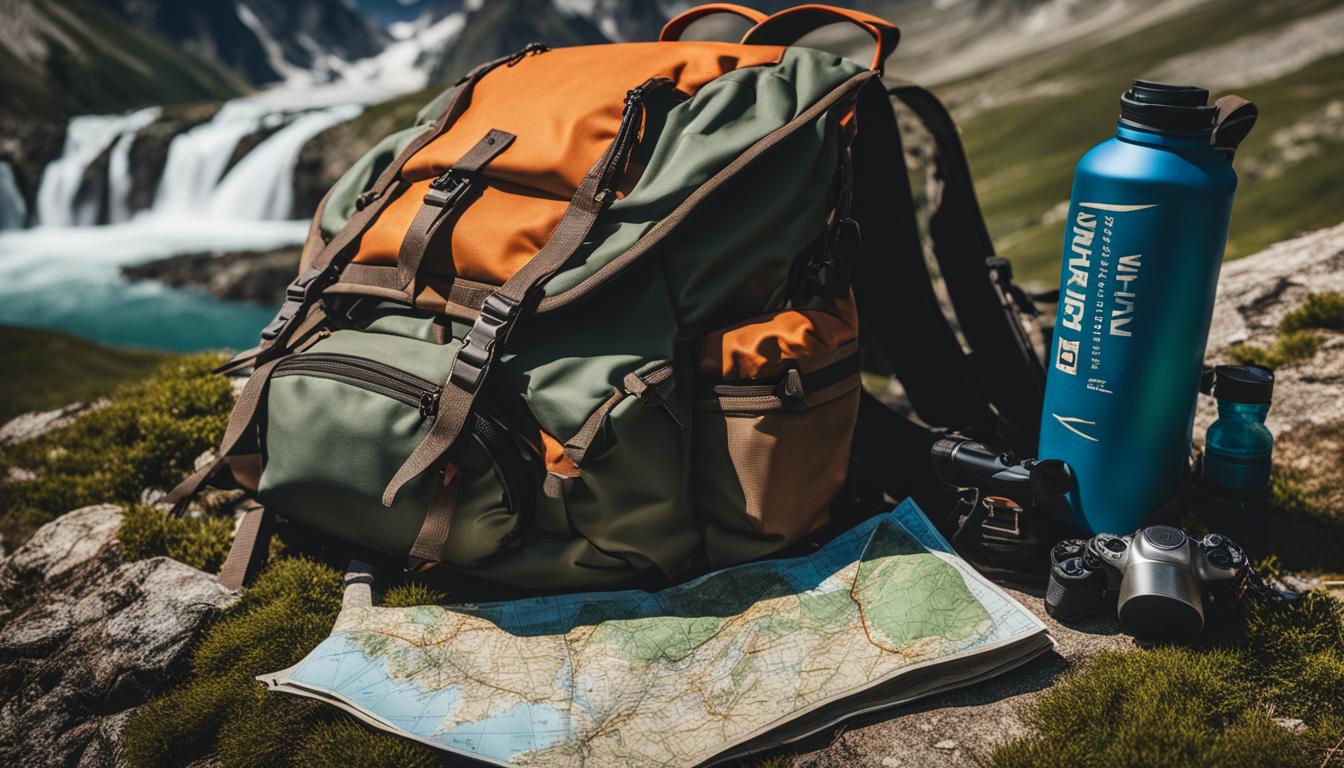Embarking on a multi-day backpacking journey can be both thrilling and challenging. To ensure a successful and enjoyable trek, it’s essential to plan and prepare properly. Here are some expert tips and advice to help you get ready for your outdoor adventure.
When it comes to preparing for a multi-day backpacking journey, there are a few key things to keep in mind. First and foremost, make sure you have the right gear. Investing in high-quality hiking boots with proper ankle support is crucial. Additionally, pack breathable and moisture-wicking clothing, as well as a lightweight waterproof jacket to handle changing weather conditions. Don’t forget to choose a well-fitted backpack that can comfortably carry all your gear.
Aside from gear, thorough preparation is essential. Research your chosen trail and understand its difficulty level and any travel restrictions. Train both physically and mentally by replicating the activities you’ll experience on the trip. Gradually increase your mileage during training and acclimate yourself to higher elevations if necessary. Remember to follow the principles of Leave No Trace to minimize your impact on the environment. Lastly, show respect for the region you’re visiting and its customs.
Key Takeaways
- Invest in high-quality hiking boots with proper ankle support.
- Pack breathable and moisture-wicking clothing, as well as a lightweight waterproof jacket.
- Choose a well-fitted backpack that can comfortably carry all your gear.
- Thoroughly research your chosen trail and understand its difficulty level and any travel restrictions.
- Train physically and mentally to prepare for the activities you’ll experience on the trip.
Choosing the Right Gear for Your Multi-Day Hike

When preparing for a multi-day backpacking journey, having the right gear is essential. Not only does it enhance your comfort and safety, but it also contributes to the overall success of your adventure. Here are some recommendations for the key gear items you should consider:
Hiking Boots:
Invest in a pair of high-quality hiking boots that are well-worn in and offer proper ankle support. Your boots should be sturdy, comfortable, and waterproof to withstand various terrains and weather conditions.
Clothing:
Pack breathable and moisture-wicking clothing to keep you comfortable and dry throughout your hike. Opt for lightweight and quick-drying fabrics that can easily adjust to changing weather conditions. Don’t forget to bring layers, including a lightweight waterproof jacket, to stay prepared for sudden temperature drops or rain showers.
Essential Items:
Aside from clothing and footwear, there are other essential items that you should include in your backpack. These items include a head torch for navigating in low-light conditions, a bandana that can serve various purposes, and a well-stocked first aid kit containing necessary medical supplies for any emergencies that may arise.
The Right Backpack:
Choosing a well-fitted backpack is crucial, as it will be responsible for carrying all your gear throughout the journey. Look for a backpack that offers enough storage capacity, proper weight distribution, and adjustable straps to ensure maximum comfort and stability.
Remember, having the right gear not only enhances your experience but also provides you with the confidence to tackle any challenges that may come your way during your multi-day hike. So, take the time to invest in quality gear that suits your needs and preferences, and always prioritize comfort and safety above all.
Essential Preparation for Your Multi-Day Hike
Planning a backpacking trip requires careful consideration and preparation to ensure a safe and enjoyable experience. Before embarking on your adventure, it’s essential to gather as much information as possible about your chosen trail. Research the difficulty level, any required permits, and whether there are any travel restrictions in place.
In addition to mental preparation, physical training is crucial. Gradually increase your mileage during training to build endurance and strength. If you’ll be hiking at higher elevations, consider acclimating yourself beforehand for a smoother transition. This will help prevent altitude sickness and ensure a more enjoyable journey.
When exploring the great outdoors, it’s vital to adhere to hiking safety tips. Pack a well-stocked first aid kit with necessary medical supplies. Familiarize yourself with basic wilderness first aid techniques. Carry a whistle or mirror to signal for help in case of emergencies. It’s also important to let someone know about your plans and expected return date.
Lastly, don’t forget about food! Backpacking food ideas include lightweight, nutritious meals and snacks that are easy to prepare on the trail. Opt for dehydrated or freeze-dried options to save weight and space in your backpack. Don’t forget to pack plenty of high-energy snacks like trail mix, energy bars, and dried fruit to keep you fueled throughout your journey.
What are the essential preparations for a multi-day backpacking journey compared to a first overnight trip?
When you plan for a multi-day backpacking journey compared to a first overnight backpacking trip, extra preparations are essential. You’ll need more food, water, and supplies, along with heavier gear and a more extensive route plan. Adequate training and experience are also crucial for a longer expedition.
FAQ
How important is it to have the right gear for a multi-day backpacking journey?
Having the right gear is crucial for a successful multi-day backpacking journey. It not only enhances your comfort and safety but also ensures you are prepared for changing weather conditions. Invest in high-quality hiking boots, pack breathable and moisture-wicking clothing, and don’t forget essential items like a head torch and a first aid kit.
What should I consider when choosing hiking boots?
When choosing hiking boots, make sure they are well-worn in and provide proper ankle support. Look for boots that are durable, comfortable, and suitable for the terrain you’ll be trekking on. It’s also a good idea to try them on and walk around in them to ensure a proper fit.
What should I pack for a multi-day backpacking journey?
When packing for a multi-day backpacking journey, consider bringing breathable and moisture-wicking clothing for comfort. Don’t forget a lightweight waterproof jacket for unpredictable weather. Other essential items include a head torch for nighttime visibility, a bandana for various purposes, and a well-fitted backpack to comfortably carry all your gear.
How should I prepare for a multi-day backpacking journey?
Preparation is key for a multi-day backpacking journey. Thoroughly research your chosen trail and understand its level of difficulty and any travel restrictions. Train both physically and mentally by gradually increasing your mileage and, if necessary, acclimating yourself to higher elevations. Follow the principles of Leave No Trace to minimize your impact on the environment and be respectful of the region you’re visiting and its customs.
What are some essential tips for planning a backpacking trip?
When planning a backpacking trip, make sure to research your chosen trail and understand any permits or reservations required. Take into account the time of year, weather conditions, and difficulty level. Plan your daily mileage and campsite locations. Consider the availability of water, food resupplies, and emergency services along the trail. Lastly, inform someone of your itinerary and expected return date.
How can I ensure my safety while backpacking?
To ensure your safety while backpacking, always be prepared and carry essential items such as a first aid kit, navigation tools, and a communication device. Familiarize yourself with basic wilderness first aid and know how to use your equipment. Stay hydrated, be mindful of your surroundings, and avoid taking unnecessary risks. It’s also wise to check in with a friend or family member regularly to let them know you’re safe.
What are some backpacking food ideas?
When it comes to backpacking food, opt for lightweight and calorie-dense options. Dehydrated meals, energy bars, nuts, dried fruits, and jerky are popular choices. Don’t forget to pack enough snacks and consider your dietary restrictions and preferences. It’s also important to properly store your food to prevent attracting wildlife.

